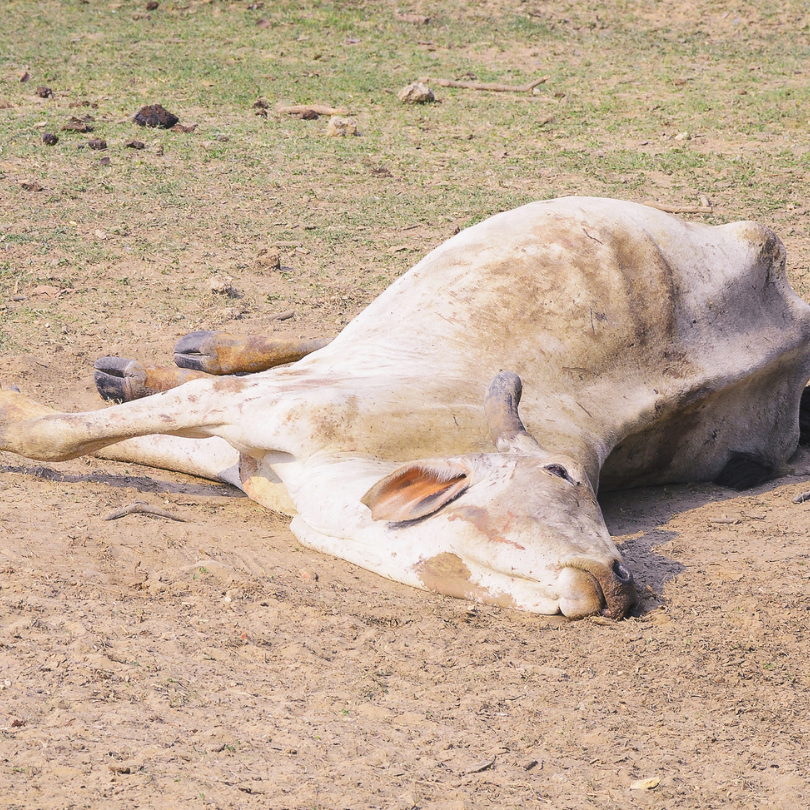
Rift Valley Fever Virus
Rift Valley fever in cattle: Signs, Treatment, and Prevention
Responding to Farmers’ Questions
Many farmers tend to ask: “What is Rift Valley Fever, and how can I protect my livestock?” Rift Valley Fever (RVF) is a viral disease that primarily affects cattle, sheep, goats, and camels. It is caused by the Rift Valley Fever virus, transmitted mainly by mosquitoes. Outbreaks often occur after heavy rainfall when mosquito populations increase, making it a seasonal and highly contagious disease. RVF not only affects livestock health but can also pose a serious risk to humans, especially farmers and workers handling infected animals.
The virus targets the liver and blood cells, causing high fever, weakness, and in severe cases, death. Sheep and goats are particularly susceptible, and young or pregnant animals face a higher risk of abortion and mortality. Understanding the early signs of RVF, providing supportive care, and implementing preventive measures are critical to minimizing losses during outbreaks.
Symptoms of Rift Valley Fever Virus
Farmers should watch for these signs in their animals:
-
Sudden fever and listlessness
-
Loss of appetite and depression
-
Abortion, particularly in pregnant animals
-
Hemorrhages or bleeding from the nose or gums
-
Weak or unthrifty offspring
-
High mortality in young animals
Treatment of Rift Valley Fever Virus
Currently, there is no specific antiviral treatment for RVF. Farmers should focus on supportive care:
-
Provide clean water and highly nutritious feed to support recovery
-
Keep infected animals isolated to prevent disease spread
-
Treat secondary bacterial infections if recommended by a veterinarian
-
Monitor animals closely and seek veterinary guidance immediately
Prevention and Farmer Tips
-
Vaccinate livestock in high-risk areas before the rainy season
-
Control mosquito populations around farms using drainage, insecticides, and repellents
-
Avoid movement of animals from infected areas
-
Wear protective clothing when handling sick or aborted animals to prevent human infection
-
Maintain good hygiene and proper disposal of aborted fetuses and carcasses
Rift Valley Fever can have devastating economic and health impacts if not managed properly. Early detection, strict biosecurity, mosquito control, and vaccination are key to protecting livestock and farm livelihoods. Farmers who notice unusual illness, abortions, or high mortality rates should contact a qualified veterinarian immediately.